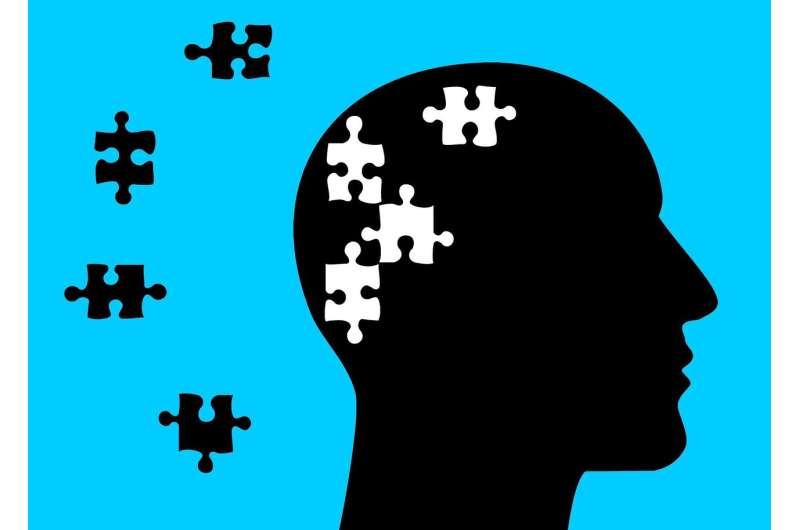New drug can ease the side effects of medication against severe depression

About one in five Danes are affected by depression at some point in their lives. The severe depressions may be treated with the so-called 'tricyclic antidepressants,' an antidepressant drug that is more effective than the drugs used for mild and moderate depressions.
But unfortunately, the tricyclic antidepressants also have a downside: significantly more and more serious side effects. So serious that many people stop taking the drug and thus receive no treatment for their depression.
Now, researchers from the Faculty of Health and Medical Sciences at the University of Copenhagen, in collaboration with Lundbeck A/S and the National Institutes of Health in Baltimore, have discovered a substance that may solve that problem.
"We have discovered a substance, Lu AF60097, that works in a different way from the ones presently in use. If the new substance works, it may help the existing drugs get rid of the serious side effects," says Professor at the Department of Neuroscience at the Faculty of Health and Medical Sciences, Claus Juul Løland.
Therapeutic effect without side effects
Serotonin is a so-called neurotransmitter, a chemical substance found in the brain. In a person with severe depression, the level of serotonin is very low. Antidepressant drugs make adjustments to get a higher level of active serotonin.
"The antidepressants we use today work by going in and binding to the same site as serotonin on the serotonin transporter (SERT). The antidepressants block the return transport of serotonin and thereby also the removal of the active serotonin. But such blockage requires a relatively large dose of the antidepressant substance. And with the tricyclic antidepressants, that causes some serious side effects," says Claus Juul Løland.
The side effects can be anything from life-threatening heart problems to severely dry mouth, visual disorders, development of mania, weight problems and digestive challenges.
The substance discovered by the researchers binds to another site on SERT: the 'allosteric site.' When a substance binds to the allosteric site rather than the same site as serotonin, it is possible to regulate the function of the serotonin transporter instead of completely blocking it.
"In this case, we have shown that when we bind this substance to the allosteric site while giving the tricyclic antidepressant, we can amplify the binding of the antidepressant substance. Therefore, we can use a much smaller concentration of the antidepressant substance. It might cause fewer side effects, but have the same therapeutic effect," says Claus Juul Løland.
From concept to drug
The researchers have, over a long period of time and in several rounds, screened a number of substances from Lundbeck's drug library to find a substance that had a sufficiently strong link to the allosteric site to make it possible to study the pharmacological effect. With Lu AF60097, they finally succeeded.
But there is still a long way to go before the substance can be used as an actual drug. The researchers have shown that a substance that binds to the allosteric site can have this pronounced, pharmacological effect in cells and in rats. From here, it is up to the pharmaceutical companies to develop substances that may have the same effect in humans.
"We have taken the first step. But perhaps also the biggest. We have shown that the concept works. If it also works in practice, hopefully in the future it can be used to treat people with severe depression."
More information: Per Plenge et al, The mechanism of a high-affinity allosteric inhibitor of the serotonin transporter, Nature Communications (2020). DOI: 10.1038/s41467-020-15292-y















